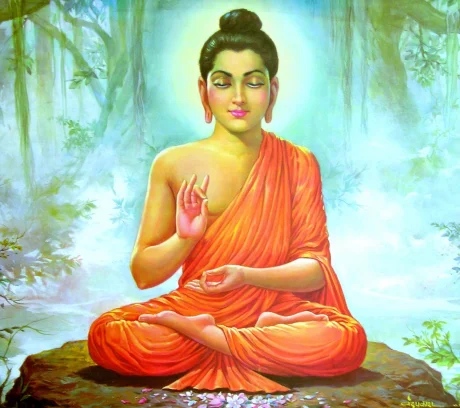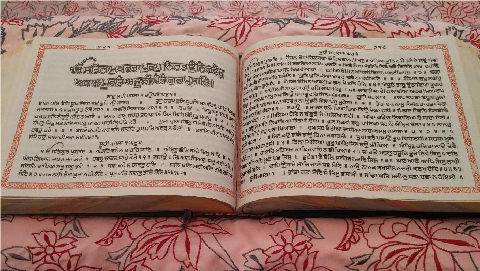BHUPINDER SINGH, LIEUTENANTGENERAL MAHARAJA SIR (1891-1931), Knight Grand Commander of the Order of the Star of India, Knight Grand Commander of the Order of the Indian Empire, Knight of the Order of the British Empire, ruler of the Sikh state of Patiala, was one of the most colourful and influential Indian princes of the interwar years. Tall, robust, dashingly handsome, he was to the British the personification of the Punjabi martial races, a veritable "flower of Oriental aristocracy." In his own eyes, and in the eyes of many of his coreligionists, he was the temporal leader of Sikhism.
BISHAN SINGH (d. 1868) was like his father, Sultan Singh, in the Ghorcharha regiment of Maharaja Ranjit Singh. In Maharaja Sher Singh`s time, he was placed in charge of the artillery park at Lahore. After the annexation of the Punjab by the British, Bishan Singh joined the 2nd Punjab Irregular Cavalry raised in 1849, and received the rank of Risaldar. During the uprising of 1857, he marched to Delhi with a squadron commanded by Sir Dighton Macnaghten Probyn and served his new masters with distinction.
DEVA SINGH, SARDAR BAHADUR(d. 1872), son of Fateh Singh and a great grandson of Savan Singh, cousin of Sarigat Singh, the leader of the Nishanavali misi, came of a Shergil Jatt family of Mansurval, in Firozpur district. Deva Singh joined service under Maharaja Ranjit Singh in 1816 at a very young age. After some time, he was put under Lahina Singh Majithia who made him commandant of the regiment of his brother, Gujjar Singh. In 1834, he accompanied the young Sardar to Calcutta on a mission half complimentary, half political. In 1842, he was transferred to the Gurkha regiment to serve in Hazara.
- 1
- 2





